The ancient Romans were among the first to carve up the year into quarters (four seasons), which has been widely adopted by Western countries*. But not every culture in the world divides a year into four seasons like that in modern Western countries. Different cultures have different ways of separating a year into seasons. A year may be divided into five seasons or more. Continue reading “Five Seasons a Year for Better Health”
Tag: personal health
10 Ways to Care for Your Menopause
Menopause is the time in women’s lives when menstrual periods stop permanently and they are no longer able to bear children. Menopause occurs 12 months after the last menstrual period and typically between 49 and 52 years of age. Menopause occurring before 45 years old usually indicates there is a health issue(s), diagnosable or un-diagnosable by Western medicine. Normal periods may reoccur after health problems are cured before the age of 48. Continue reading “10 Ways to Care for Your Menopause”
10 Mistakes Keeping You from Living a Long, Healthy Life
- Waiting until your golden years to start taking care of yourself.
Many people let themselves become overwhelmed by daily activities and never learn how to properly take care of their body. Taking good care of the body should begin when we are infants, or better yet before our mothers even get pregnant. When a couple is well prepared and their bodies are well nourished before and during pregnancy, their newborn infant will be healthy and strong. The earlier we start taking care of our bodies, the less our bodies become ill, the less life energy our bodies waste fighting illnesses, and the longer our bodies live. Continue reading “10 Mistakes Keeping You from Living a Long, Healthy Life”
10 Habits that Damage the Heart
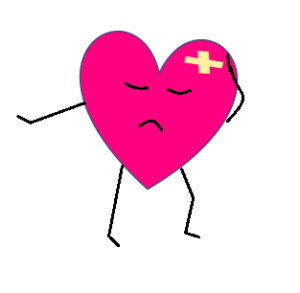 The heart is an organ that pumps blood for the movement of blood throughout the body via the circulatory system, supplying oxygen and nutrients to the tissues and removing carbon dioxide and other wastes.
The heart is an organ that pumps blood for the movement of blood throughout the body via the circulatory system, supplying oxygen and nutrients to the tissues and removing carbon dioxide and other wastes.
In Traditional Chinese Medicine, the heart system also includes the brain and the heart meridian besides the organ heart.
The heart is so important to the body that we die when the heart fails to pump blood. Taking special care of the heart is vitally important to our life. But many people are unknowingly damaging their hearts, making the heart disease the number one killer of our precious life. Continue reading “10 Habits that Damage the Heart”
Many Illnesses Actually Protect the Body
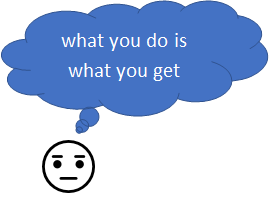
Many types of cancers and chronic illnesses, such as liver cancer, lung cancer, tumors, diabetes, and strokes, are collectively classified as manifestations of genetic abnormalities by Western medicine.
Actually, an illness is the inevitable result of abusing or misusing the body. An illness is one of the body’s indicators that a problem exists and implies something in our routine must be changed in order to prevent deteriorating of the illness and to begin the healing process.
Continue reading “Many Illnesses Actually Protect the Body”The Three Kinds of Body Waste that Can Make You Very Ill.
The human body generates waste from its normal routine functions, such as breathing in air and digesting food.
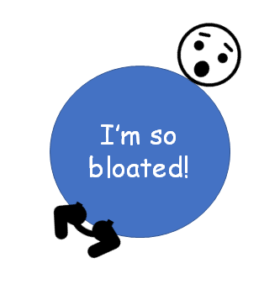 Just as most matter in nature exists in three states, body waste can be classified into three different types: solid, liquid, and gas. For example, gallstones and stools are solid waste, mucus and urine are liquid waste, and air from exhaling and a bloated stomach are gaseous waste.
Just as most matter in nature exists in three states, body waste can be classified into three different types: solid, liquid, and gas. For example, gallstones and stools are solid waste, mucus and urine are liquid waste, and air from exhaling and a bloated stomach are gaseous waste.
The lungs, liver, kidneys, and other organs naturally detoxify the body. But if any waste remains inside the body, discomfort and illness may occur. Solid and liquid waste are easier to detect with modern medical equipment, but the gaseous waste trapped inside the body is not. Continue reading “The Three Kinds of Body Waste that Can Make You Very Ill.”
What Western Medicine Really Is
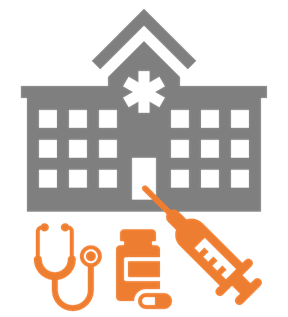
Definitions of Western Medicine * from
- National Cancer Institute (of NIH): a system in which medical doctors and other healthcare professionals (such as nurses, pharmacists, and therapists) treat symptoms and diseases using drugs, radiation, or surgery.
- Macmillan Dictionary: the type of medical treatment that is the most popular in North America and Western European countries, based on the use of drugs and surgery to treat symptoms (=signs of illness).
Western medicine is largely the practice of diagnosing and treating symptoms, and then following pharmaceutical, radiological, or surgical protocol procedures to offset or prevent the spread of those symptoms. In short, it is a system to manage and treat symptoms with drugs, radiation, or surgery. But the root causes of diseases are unknown and are not treated or cured. Continue reading “What Western Medicine Really Is”
Springtime: Dressing Appropriately is Key to Healthy and Happy Year

In spring, the residual cold air and incoming hot air causes whiplash weather and frequent changes between cold and warm. If not protected, the body is easily susceptible to getting sick from the frequent weather changes. Continue reading “Springtime: Dressing Appropriately is Key to Healthy and Happy Year”
Could drinking water in the morning be bad for you?
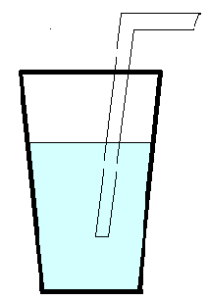
Many people think that drinking water first thing in the morning cleanses the digestive tract and is good for the body. Drinking water in the morning may damage the body if done under the incorrect circumstances.
Most Westerners drink cold or room temperature water.
Continue reading “Could drinking water in the morning be bad for you?”Deaths and Burns from Cellphones
Chinese media have covered many cell phone related deaths and injuries. Continue reading “Deaths and Burns from Cellphones”




